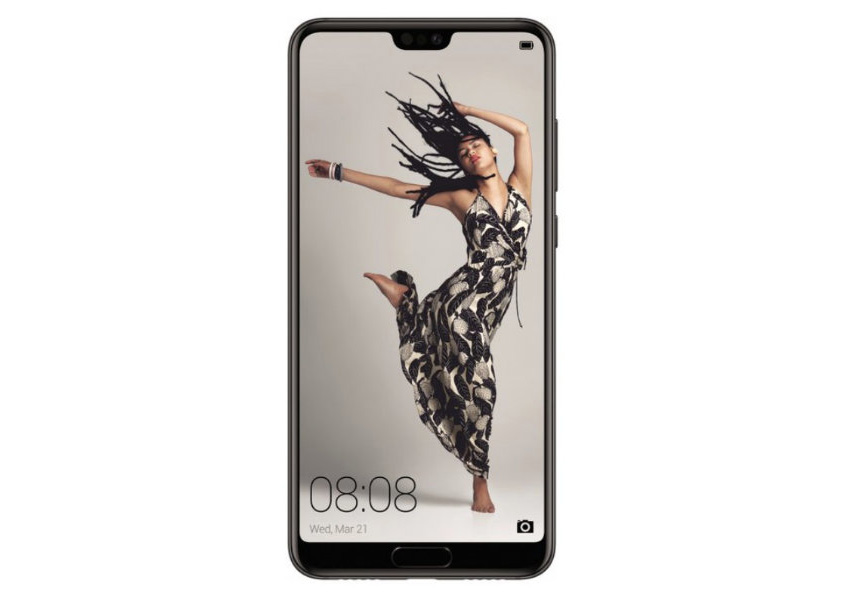Huawei sold more smartphones than Apple in Europe in the second quarter, putting it in second-place behind Samsung for the first time, according to new figures.
The data from IDC describes Huawei’s meteoric rise in Europe since the first quarter of 2017, when it held 11.4 percent of the market, to more than double that just over a year later, with 24.8 percent in the second quarter of this year, rising from 3.6 million units shipped to 6.7 million. That compared to 22.5 percent market share for Apple.
Newcomer Xiaomi has also shown an ability to grow quickly in Europe, taking 3.8 percent of the market – putting it in fourth place – in spite of the fact that it’s not yet officially active in the region’s largest markets.

Historic shift
Xiaomi was ahead of Wiko Mobile with 3 percent, with the remaining vendors controlling a total of 13.8 percent of the market.
The figures follow others published a month ago that showed Huawei also taking second place worldwide in the second quarter, in part due to rising market share in Europe and China – as well as Apple’s historic weakness at that time of the year.
While Huawei’s No. 2 ranking is likely to be temporary, as Apple prepares to announce a new lineup in September, analysts said the shift is significant.
“The importance of Huawei overtaking Apple this quarter cannot be overstated,” said Canalys analyst Ben Stanton of figures published in early August. “It is the first time in seven years that Samsung and Apple have not held the top two positions.”
IDC said Huawei’s success in the second quarter was due in part to the spring launch of the high-end P20, which outsold Samsung’s flagship Galaxy S9. The P20’s top-of-the-range triple camera system was key to its success, IDC said.

Saturation
Other industry observers have said Huawei’s strategy of marketing its Honor brand at the sub-£500 market and its Huawei-branded devices at the premium market appeared to be paying off.
Huawei’s success is all the more remarkable given that it is virtually barred from the US market due to political tensions between the US and China.
The overall smartphone market continues to show a decline in Europe as well as worldwide, however, with sales of smartphones in Europe, including Russia and the Russian Commonwealth, down slightly year-on-year.
Worldwide in the second quarter, sales were down about 2 percent year-on-year due to factors including market saturation, increasing prices, longer replacement rates, reduced subsidies from mobile networks and an increasing homogeneity of phone design and features, according to figures from several analysts.





